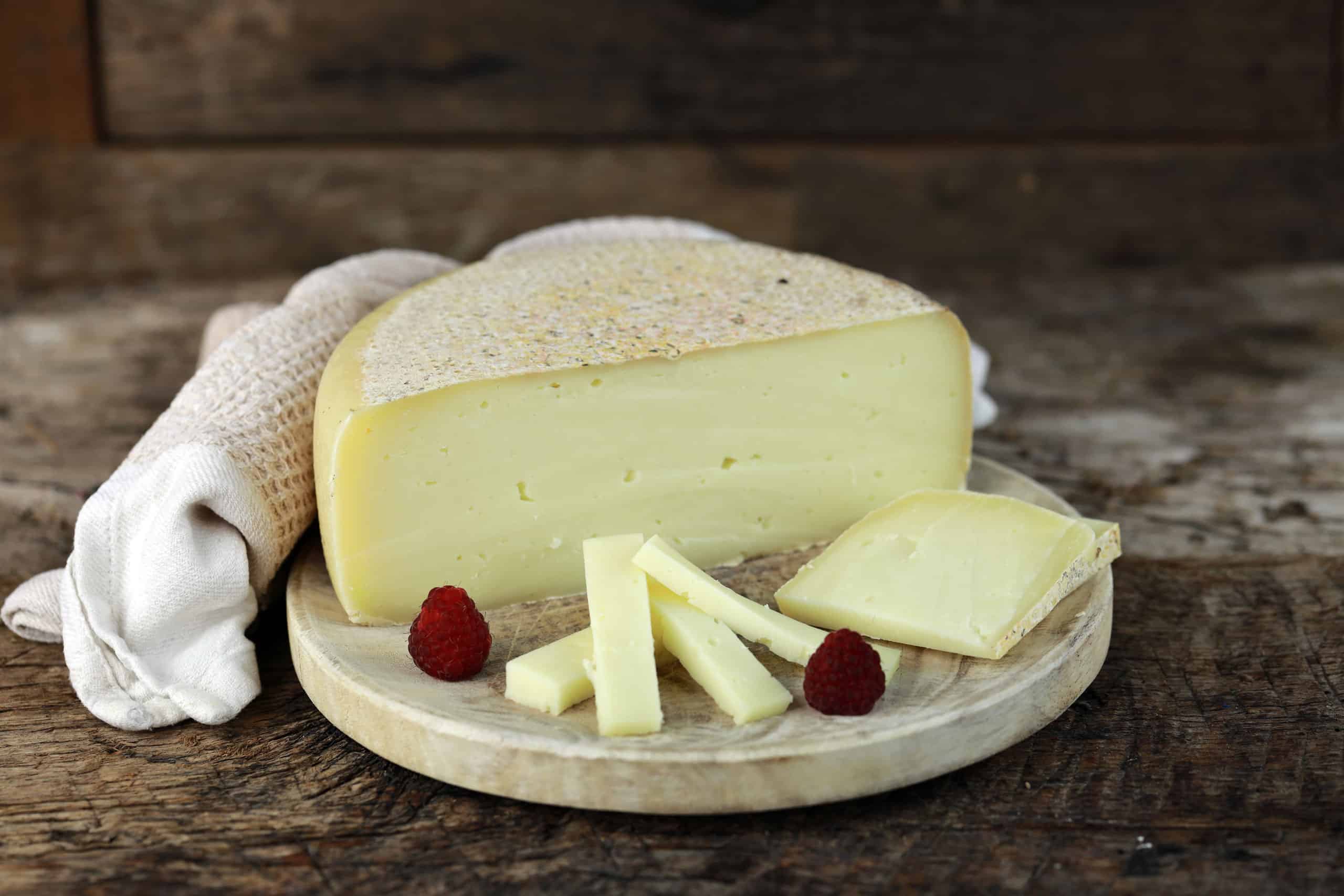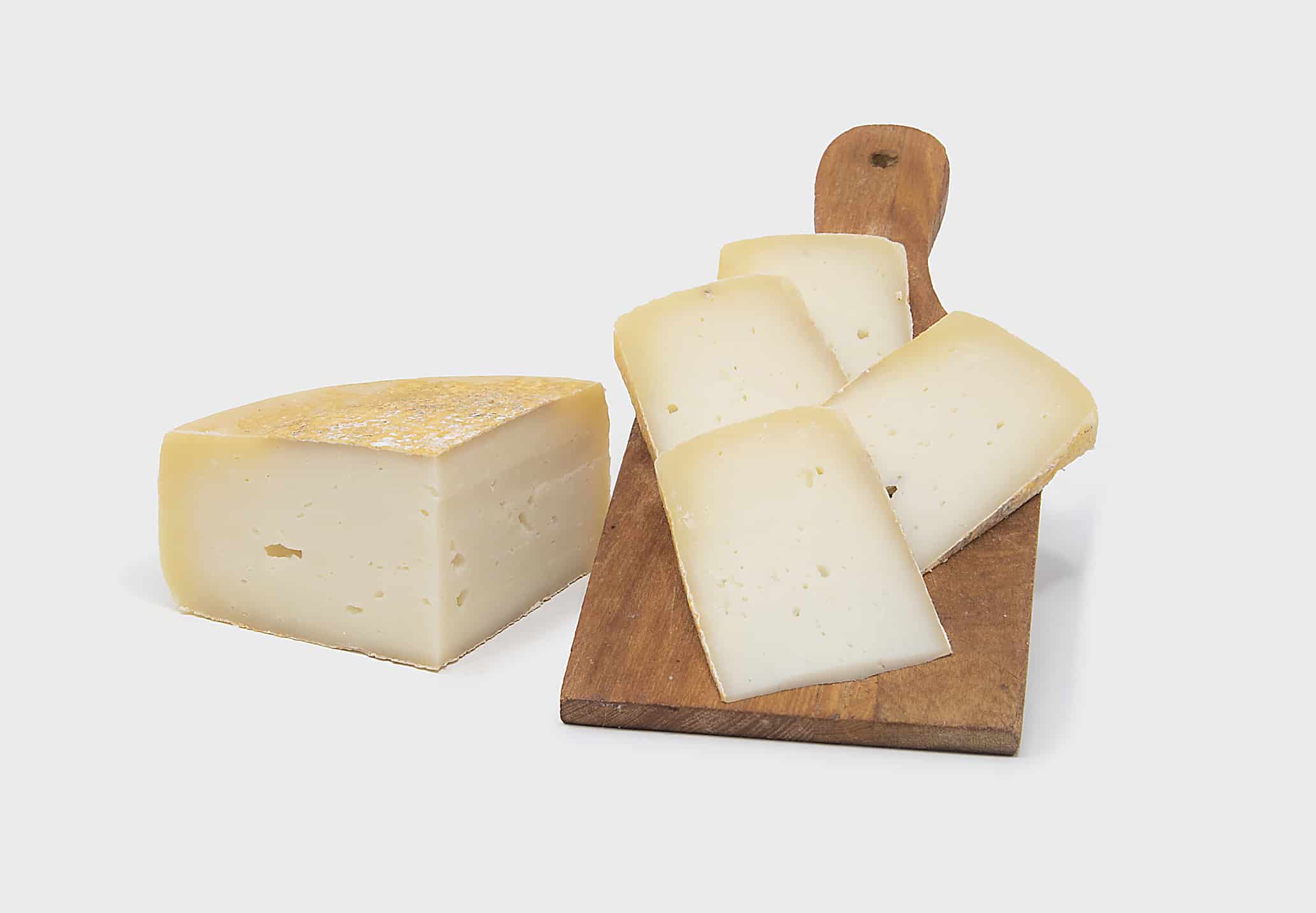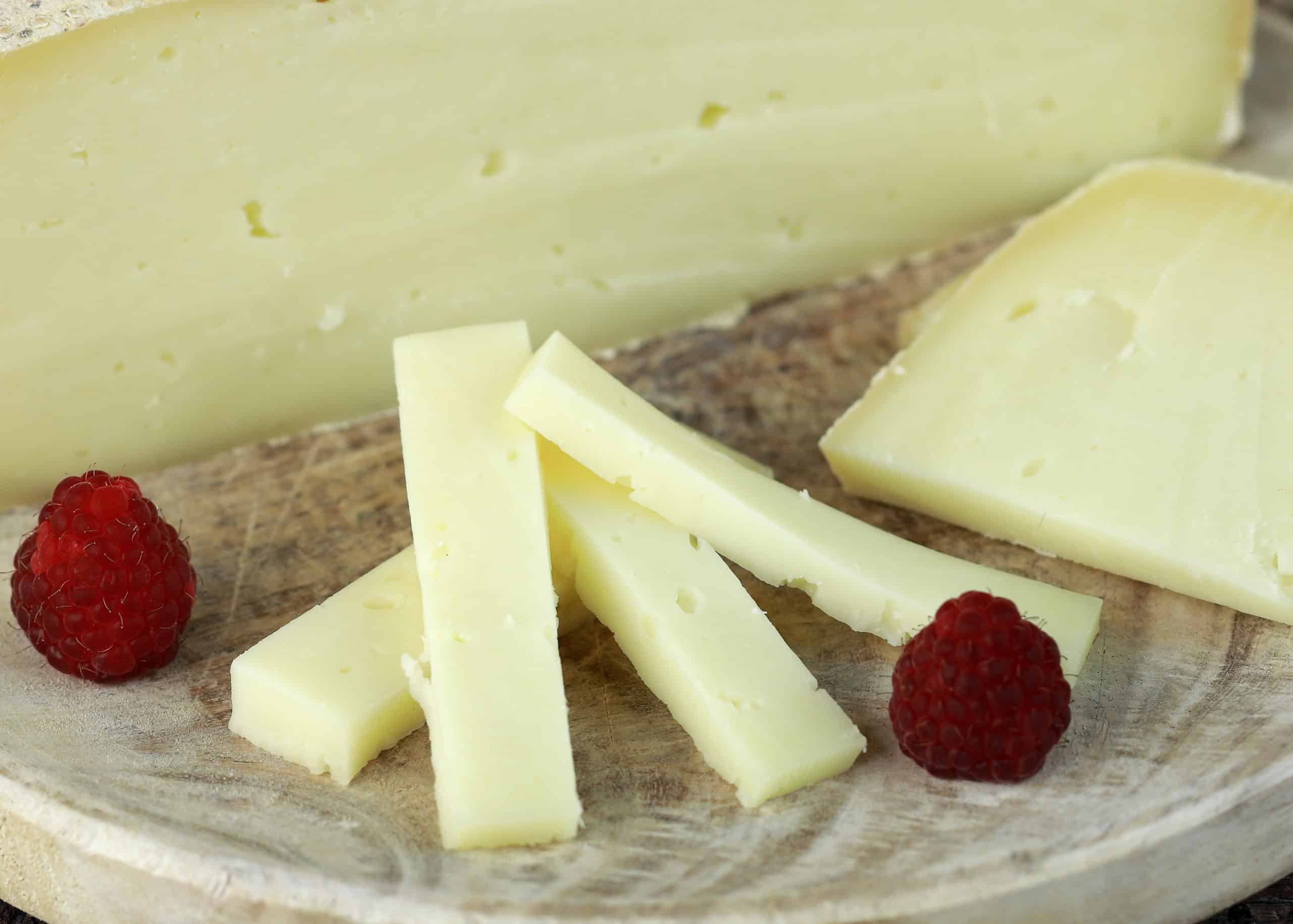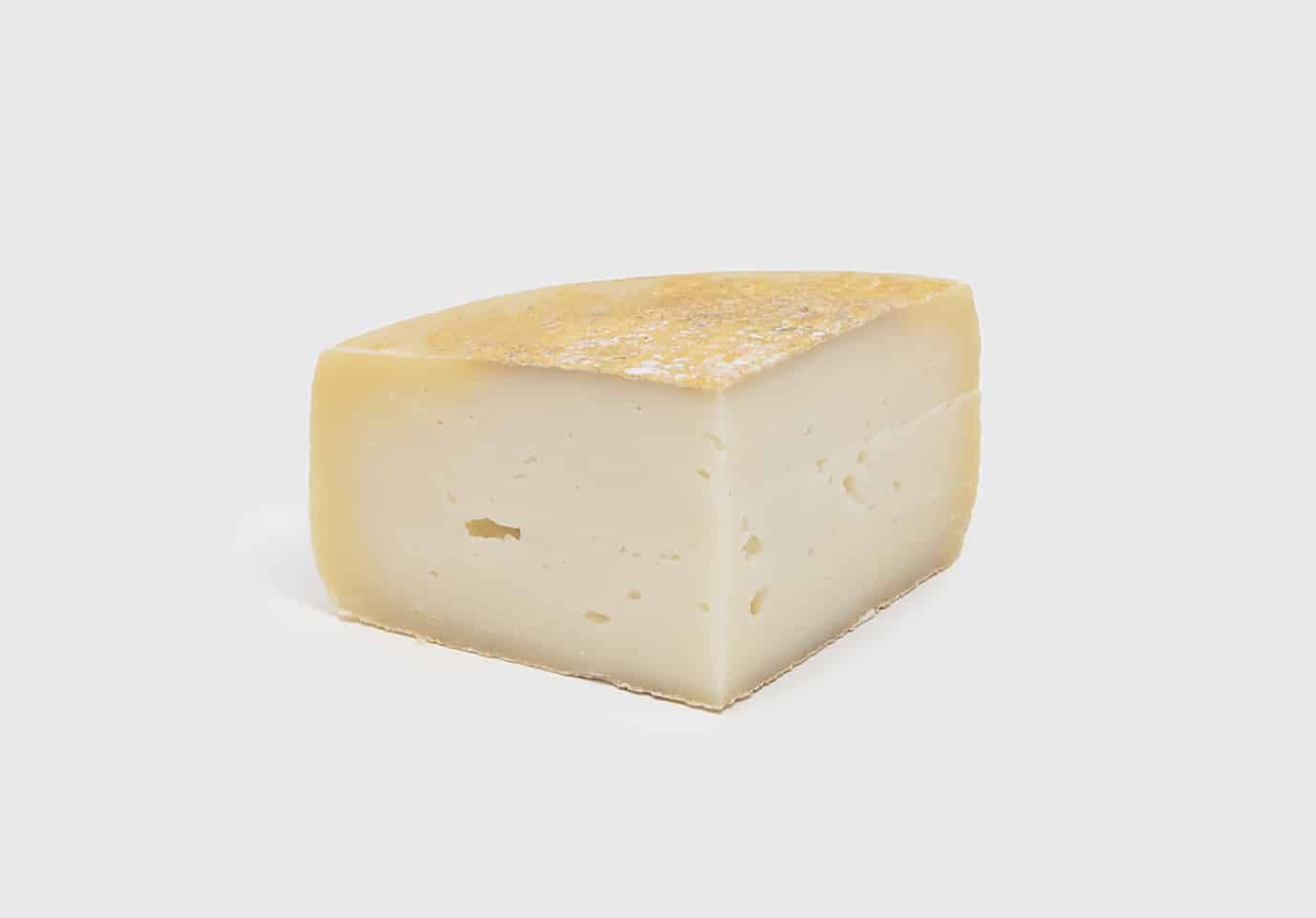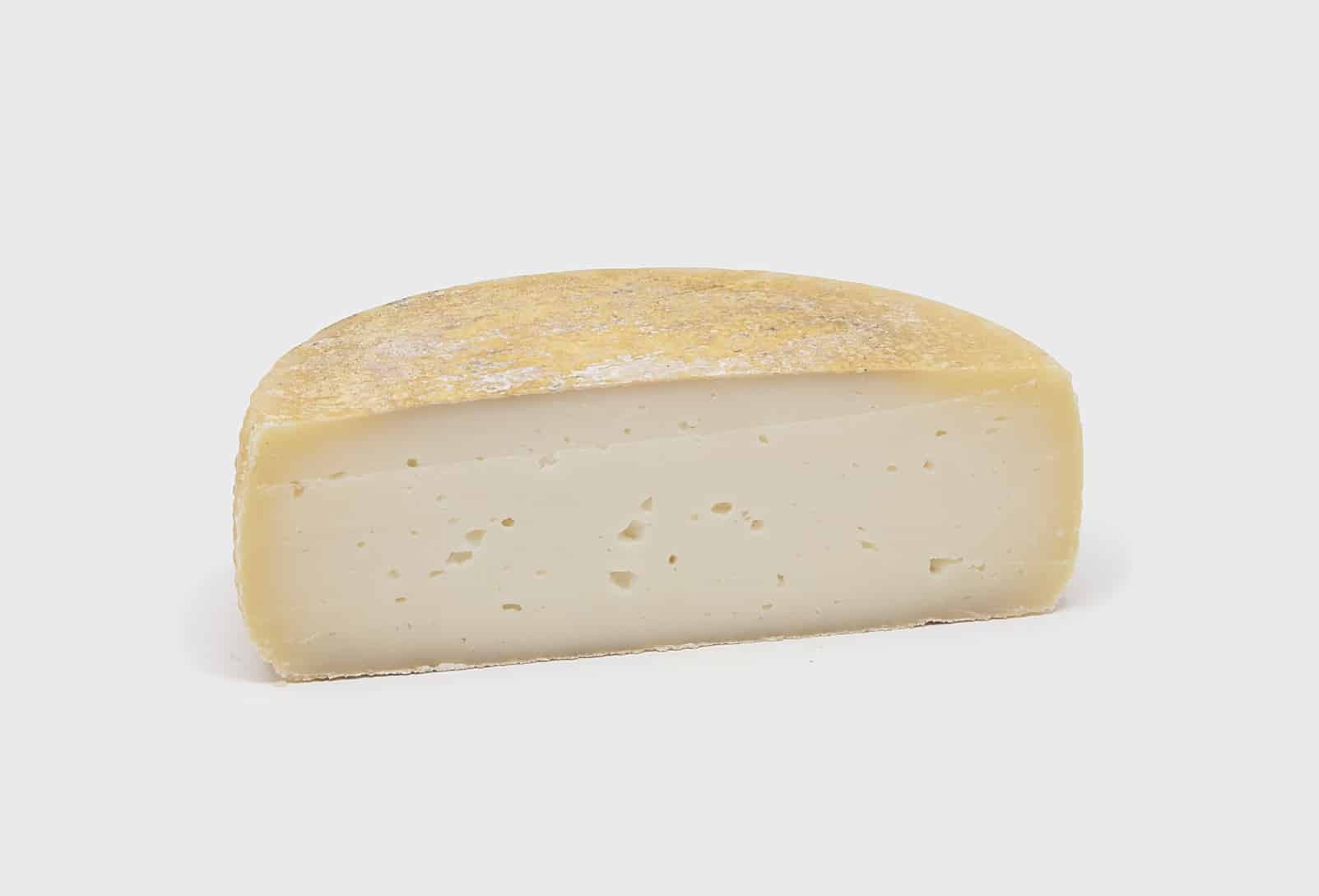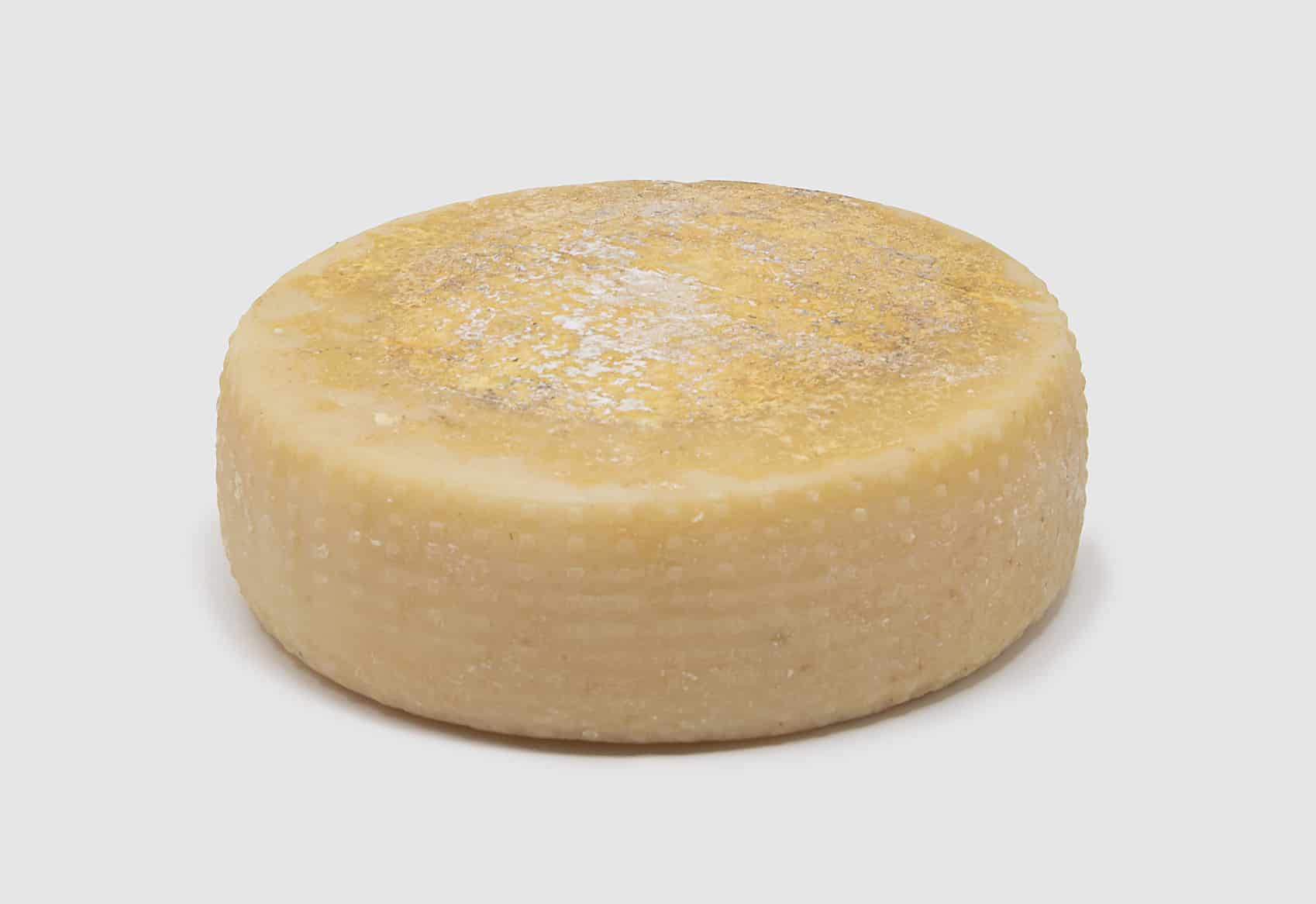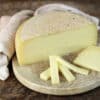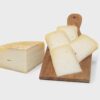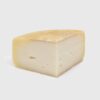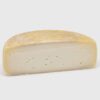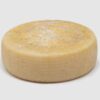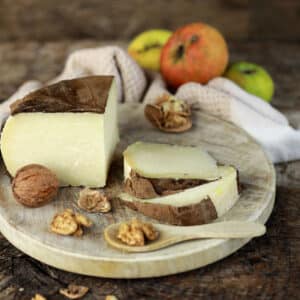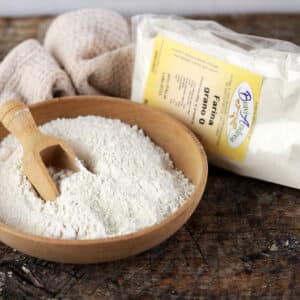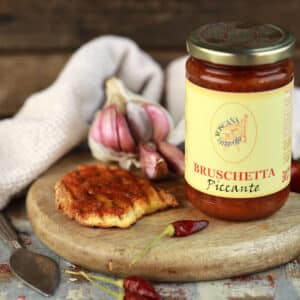Our Fresh Pecorino is produced in Sardinia; is made exclusively following ancient artisanal methods and using only pasteurized sheep’s milk, with the addition of rennet, lactic ferments and lysozyme, an enzyme that acts as a preservative and prevents the proliferation of bacteria.
Pecorino Sardo Fresco requires a quick maturation – of one month – which gives it a thin rind with a light straw yellow color inside which is enclosed a compact, soft and elastic paste, with a sweet taste and a good milk flavor.
Ideal to be consumed at any time of the day, this pecorino is perfect both alone and in combination with a honey that only slightly contrasts its already marked sweetness.
Excellent for example with Sulla Honey, characterized by a delicate aroma and flavor with pleasant vegetal notes.
We also recommend it with an Extra Berry Jam whose slightly acidic notes harmonize well with its sweet and full taste.
Perfect for the traditional Sardinian aperitif with carasau bread and a good bottle of cold Vermentino di Gallura.
Processing of Fresh Pecorino
Fresh Pecorino is produced using pasteurized sheep’s milk that is inoculated with cultures of native lactic ferments, that is, coming from the area of origin only.
Once inoculated, it is then coagulated using calf rennet at a temperature ranging from 35 to 39 degrees centigrade. The curd paste is then subjected to a breaking process until its clots or granules have reached the size of a peanut.
The curd is then semi-cooked at 43 degrees before dividing the curd into traditional flattened cylindrical molds. Through a pressing action, the cheeses purge the whey in the right amount and are salted.
Only at the end, the forms are left to mature for 30 days in rooms where temperature and humidity are constantly kept under control.
History of Fresh Pecorino
The origins of Sardinian pecorino go back in time to the Bronze Age, when the island was inhabited by the Nuragic populations who made their livelihood depend not so much on agriculture as on the breeding of sheep and the consequent processing of their milk.
Although oviniculture and dairy farming flourished both under the Roman Empire and throughout the Middle Ages, to have real written historical evidence of the Sardinian tradition for the production of sheep cheeses, it is necessary to wait until 1700. In that period different types of cheese were produced on the island: Bianco, Rosso Fino, Smoked, Fresa and Spiatatu. The modern Sardinian pecorino, as we know it today, derives from an evolution of the cheesemaking techniques of Rosso Fino and Smoked.
Before the introduction of more modern and hygienic machinery and production procedures at the beginning of the nineteenth century, the method that led to the production of the cheese involved the custom of immersing some hot stones in milk which, by raising the temperature, would not only have heated it but would have also killed the bacteria. Throughout the twentieth century, the processing techniques have gradually improved, also increasingly improving hygiene standards, until reaching current quality standards.
Ingredients
Sheep’s MILK, salt, rennet, lactic ferments.
Preservative on the crust E202, E235.
Inedible rind.
Store in the refrigerator between +2 and +6 ° C.
Produced and packaged in the ITA 20-80 CE factory.

